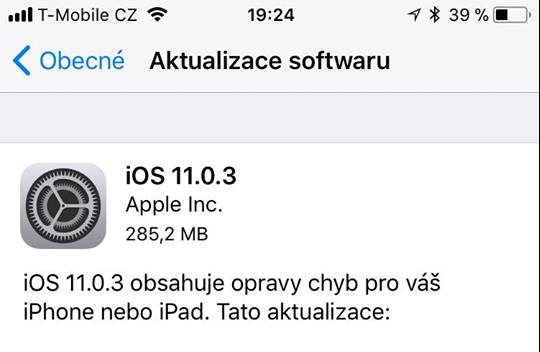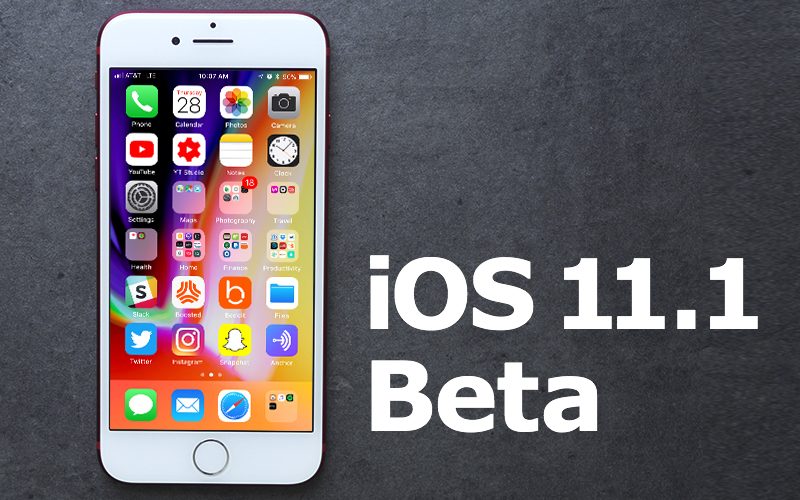In recent days, there have been more and more complaints on the web about Mac and MacBook users receiving rather long delays in iMessages. The first reactions began to appear shortly after Apple released the new operating system MacOS High Sierra between people and it seems that the problem cannot be solved yet. The latest macOS High Sierra 10.13.1 update that is currently in the pipeline beta testing, should solve this problem. However, its official release is still quite far away. But now we have most likely figured out what is causing the delayed iMessages problem.
It could be interest you

The delivery error does not only affect computers, affected users also complain that they do not receive notifications for these messages even on their iPhone or Apple Watch. There are many reports on the official support forum about how individual users are experiencing this issue. Some don't see messages at all, others only after unlocking the phone and opening the Messages app. Some users write that the problem disappeared the moment they returned their Mac to the previous version of the operating system, i.e. macOS Sierra.
It could be interest you

The problem seems to be with the new infrastructure where all iMessage data will be moved to iCloud. Currently, all conversations are stored locally, and on each device connected to the same iCloud account, the same conversation may look slightly different. It depends on whether the message comes to this device or not. The same goes for deleting messages. Once you delete a specific message from a conversation on iPhone, it disappears only on iPhone. It will take longer on other devices, as there is no full synchronization.
It could be interest you

And it should arrive by the end of this year. All iMessages associated with one iCloud account will be automatically synced via iCloud, so the user will see the same across all their devices. However, there are apparently errors in the implementation of this technology that are causing the current problem. It's clear that Apple is addressing the situation. The question is whether it will be resolved before the release of the first major operating system updates. I.e. iOS 11.1, watchOS 4.1 and macOS High Sierra 10.13.1.
Source: 9to5mac